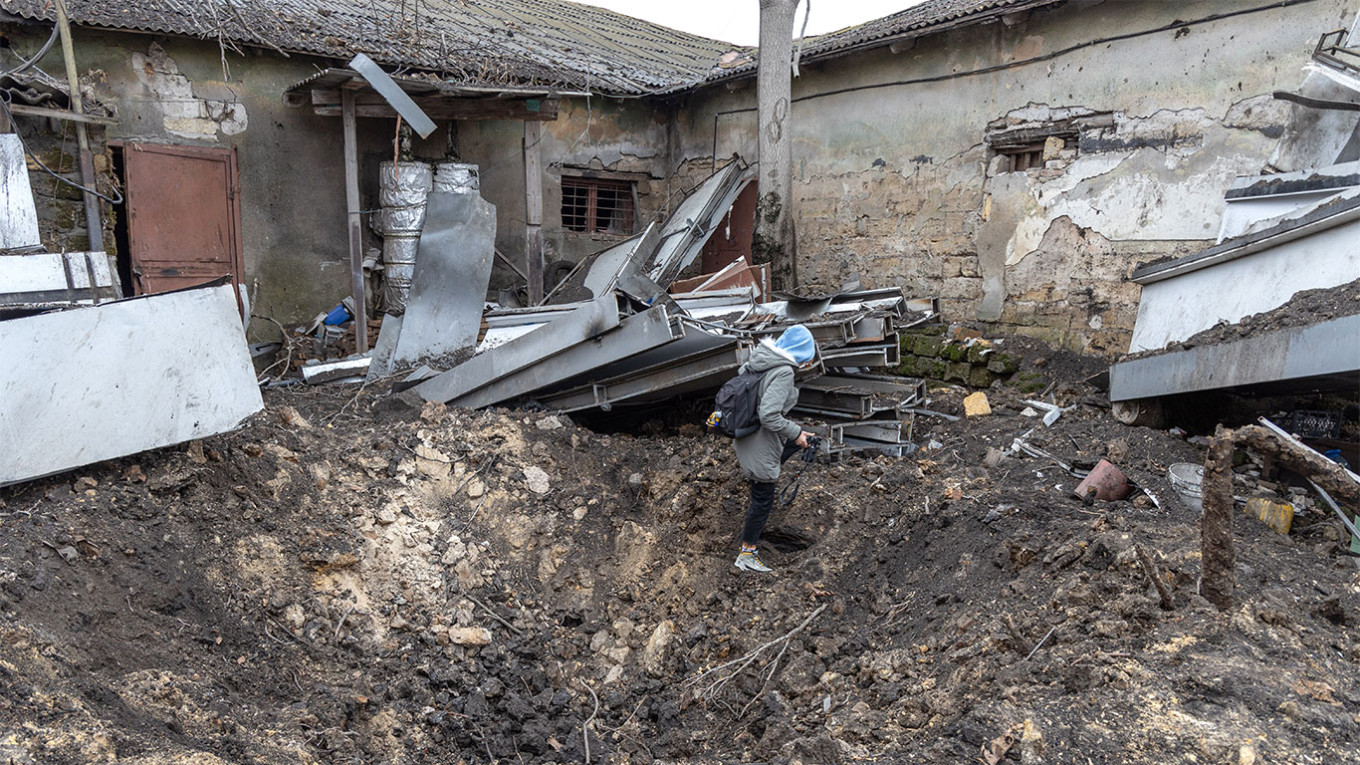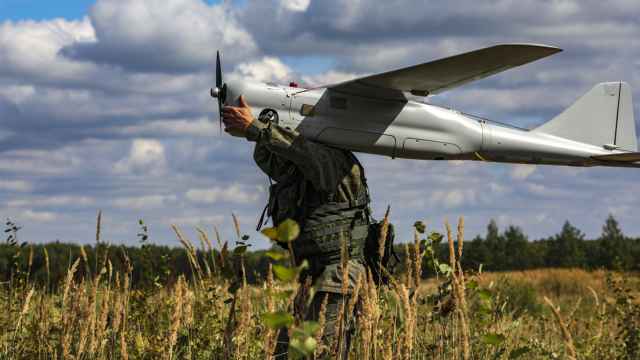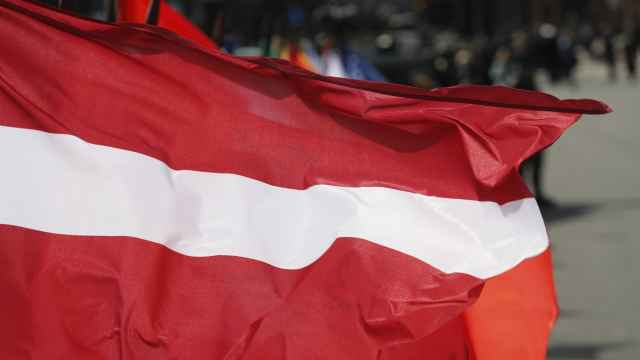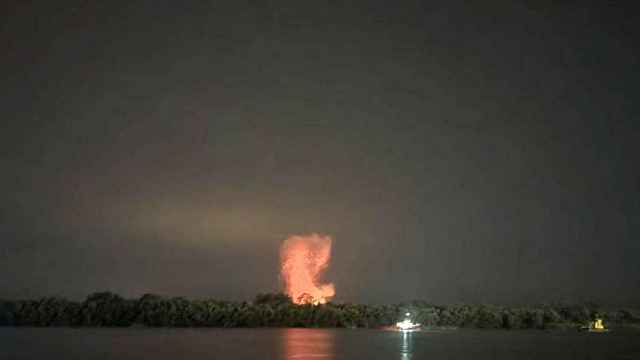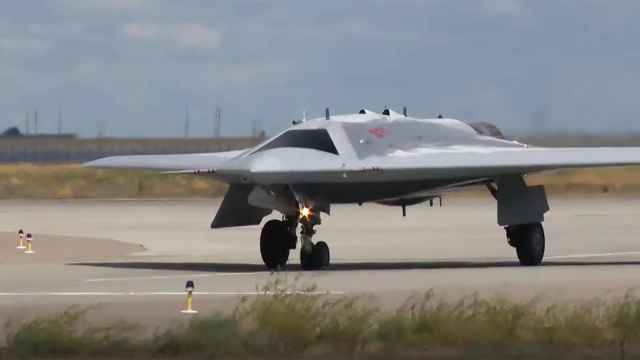Romania has summoned Russia's envoy over a "new violation" of its airspace after the NATO member's territory was hit by a crashed drone during attacks on Ukraine, authorities said Thursday.
Moscow has repeatedly attacked Ukraine's ports in the south, including areas bordering Romania, since exiting a grain deal that aimed to protect grain exports through the Black Sea this summer.
According to the defense ministry, a 1.5-meter-deep crater was found in an uninhabited area close to the town of Grindu in Tulcea county, which faces the Ukrainian port of Reni across the Danube.
The crater was the "result of (an) uncontrolled crash of a drone used in the attack on Ukrainian port infrastructure," the ministry said.
Russia's envoy would be summoned to explain this "new violation of Romania's airspace," the Foreign Ministry said.
It condemned Moscow's "repeated attacks" and said consultations with NATO allies "on developments at the Romanian-Ukrainian border" are underway.
NATO said it had no indication of an "intentional attack by Russia against allies."
But it strongly condemned "Russian attacks against civilian infrastructure in Ukraine (and) along the Danube."
F-16 and Eurofighter Typhoon fighter jets were also deployed to monitor the airspace.
In September and October, drone debris was discovered in Romania near its border with Ukraine, but officials stressed that the country had not been intentionally targeted.
As a result, measures to protect the population close to the border with Ukraine have been taken, including the construction of air-raid shelters in the eastern Romanian village of Plauru.
Ukraine said Thursday that its air defense systems had destroyed more than 40 Iranian-designed drones launched by Russian forces targeting the southern city of Odesa.
A Message from The Moscow Times:
Dear readers,
We are facing unprecedented challenges. Russia's Prosecutor General's Office has designated The Moscow Times as an "undesirable" organization, criminalizing our work and putting our staff at risk of prosecution. This follows our earlier unjust labeling as a "foreign agent."
These actions are direct attempts to silence independent journalism in Russia. The authorities claim our work "discredits the decisions of the Russian leadership." We see things differently: we strive to provide accurate, unbiased reporting on Russia.
We, the journalists of The Moscow Times, refuse to be silenced. But to continue our work, we need your help.
Your support, no matter how small, makes a world of difference. If you can, please support us monthly starting from just $2. It's quick to set up, and every contribution makes a significant impact.
By supporting The Moscow Times, you're defending open, independent journalism in the face of repression. Thank you for standing with us.
Remind me later.


